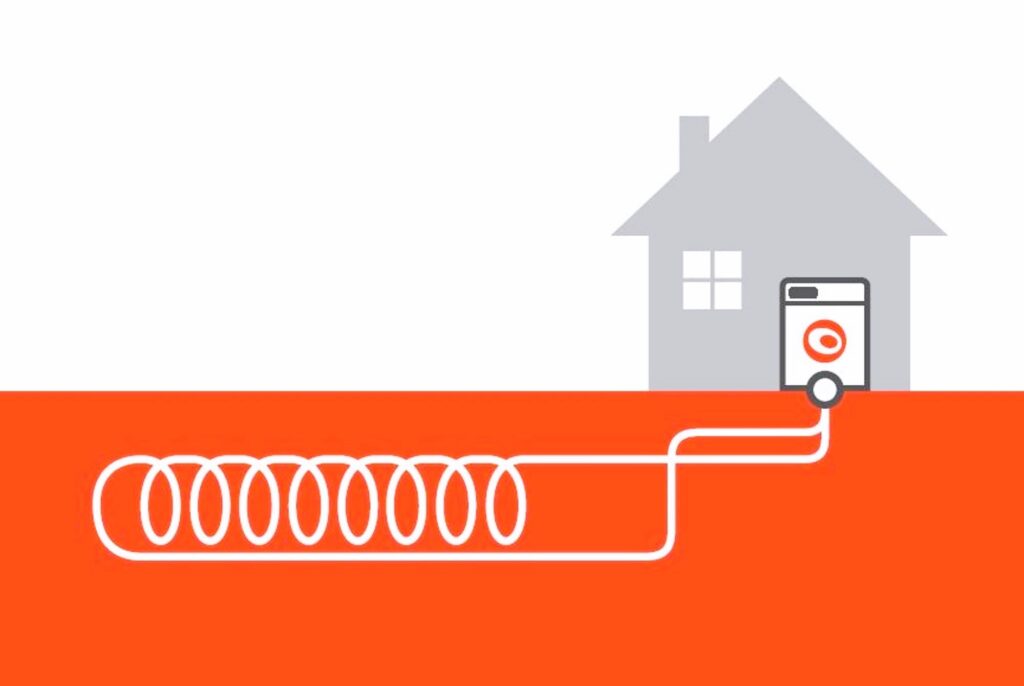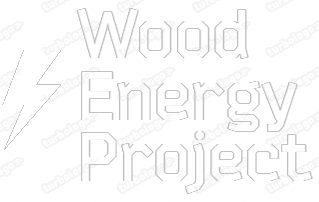As winter sets in and temperatures drop, the importance of efficient home heating becomes paramount. Not only does effective heating keep us warm and comfortable, but it also has a significant impact on our energy bills. In this article, we will explore smart strategies to maximize home heating efficiency and achieve substantial savings while maintaining a cozy living environment.
- Upgrade Your Heating System
One of the most effective ways to improve heating efficiency is by upgrading your heating system. Older systems tend to be less energy-efficient and may consume more fuel or electricity to generate heat. Consider replacing your outdated furnace or boiler with a modern, high-efficiency model. These systems are designed to deliver optimal performance while minimizing energy waste, resulting in long-term savings on your heating costs.
- Install a Programmable Thermostat

A programmable thermostat is a valuable tool for maximizing heating efficiency. It allows you to set different temperature levels for various times of the day, ensuring that you only heat your home when it’s necessary. For example, you can program the thermostat to lower the temperature when you’re away at work or asleep, and raise it before you return or wake up. This not only saves energy but also reduces unnecessary heating expenses.
- Seal Air Leaks
Air leaks around windows, doors, and other openings can significantly impact heating efficiency. These gaps allow warm air to escape and cold air to enter, forcing your heating system to work harder to maintain a comfortable temperature. Inspect your home for air leaks and seal them using weatherstripping or caulking. This simple and inexpensive step can lead to noticeable energy savings and improved heating performance.
- Enhance Insulation
Proper insulation is crucial for maximizing heating efficiency. Insulation helps trap heat inside your home, preventing it from escaping through walls, ceilings, and floors. Assess the insulation levels in your home, particularly in the attic, walls, and basement. Consider adding or upgrading insulation materials to meet recommended standards. Well-insulated homes retain heat better, reducing the need for constant heating and lowering your energy bills.
- Embrace Natural Heating Strategies
Harnessing natural heating sources can significantly contribute to energy savings. Take advantage of sunlight by keeping curtains and blinds open during the day to allow natural warmth to penetrate your home. Arrange furniture away from radiators or heating vents, ensuring that heat can circulate freely. If you have south-facing windows, consider installing thermal curtains or blinds to retain heat during colder periods. Energy efficient windows for homeowners on a budget, read more in this article.
- Practice Smart Heating Habits
Small changes in heating habits can lead to significant savings over time. Lowering your thermostat by just a few degrees can result in noticeable energy conservation. Dressing warmly and using blankets can allow you to maintain comfort at lower temperatures. Additionally, make it a habit to close doors and vents in unused rooms to redirect heat to occupied areas. By adopting these habits, you can reduce energy consumption without sacrificing warmth.
- Regular Maintenance
Regular maintenance of your heating system is essential to ensure optimal performance and efficiency. Schedule professional maintenance checks for your furnace or boiler to clean or replace filters, inspect ductwork, and address any issues that could affect efficiency. Well-maintained heating systems operate more efficiently, resulting in cost savings and a longer lifespan for your equipment.
- Consider Zone Heating
If your home has multiple heating zones, take advantage of zone heating to optimize energy usage. Zone heating allows you to heat specific areas of your home individually, based on occupancy and preferences. By only heating the rooms you actively use, you can avoid wasting energy on unoccupied spaces. Zone heating systems can be manually controlled or automated, providing flexibility and cost savings.
- Use Ceiling Fans
Ceiling fans are not just for cooling; they can also assist with heating efficiency. In winter, set your ceiling fans to run at a low speed in a clockwise direction. This gentle updraft pushes warm air down from the ceiling, helping to distribute heat more evenly throughout the room. This simple trick allows you to rely less on your heating system and maintain a comfortable temperature.

- Explore Renewable Heating Options
Consider exploring renewable heating options to maximize energy savings. Technologies such as geothermal heating, solar heating, or biomass heating utilize sustainable energy sources to provide heat for your home. While the upfront costs may be higher, these systems offer long-term financial advantages by reducing or eliminating reliance on traditional fossil fuel-based heating methods.
Conclusion
Maximizing home heating efficiency is not only beneficial for the environment but also for your wallet. By implementing smart strategies such as upgrading your heating system, installing a programmable thermostat, sealing air leaks, enhancing insulation, and adopting energy-saving habits, you can achieve substantial savings on your heating costs. Remember, every effort counts, and even small changes can make a significant difference in reducing energy consumption and increasing comfort during the winter months. So, take action today and enjoy the benefits of an efficiently heated home.

